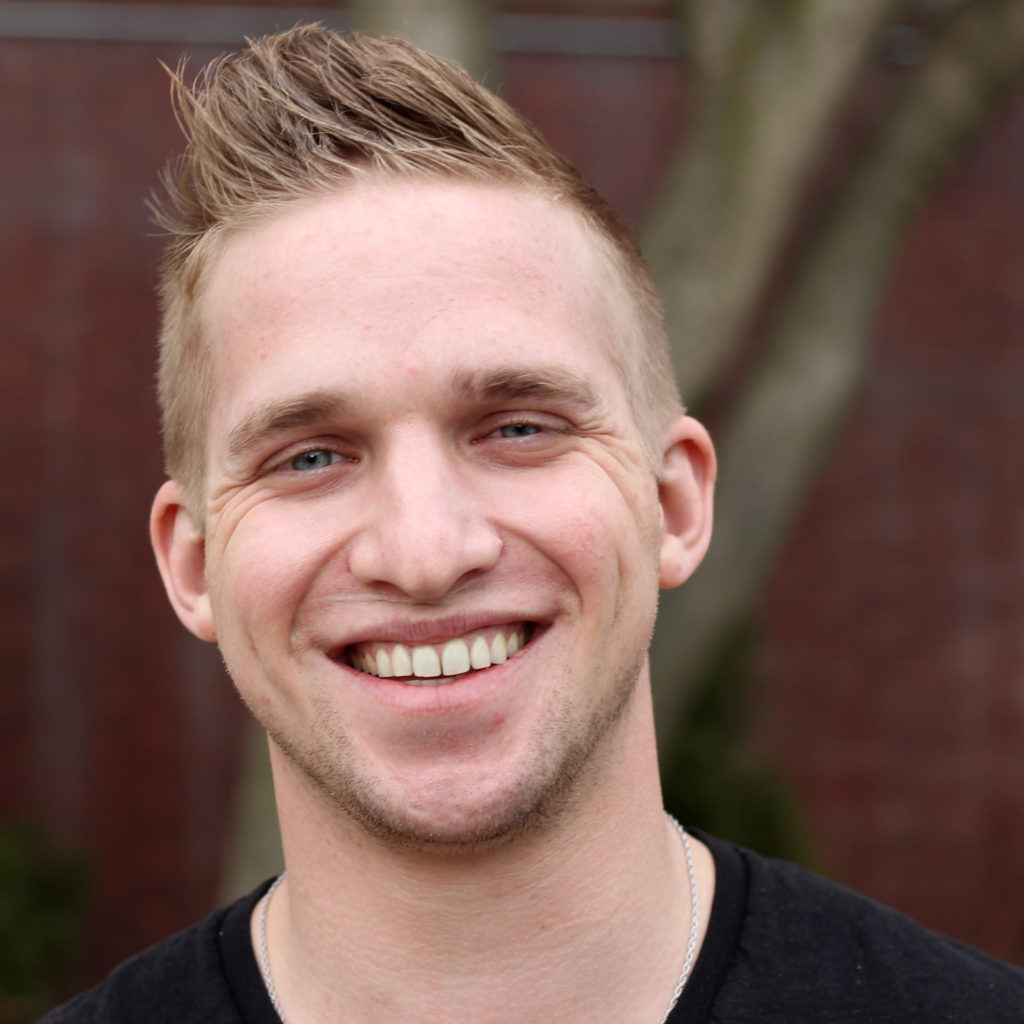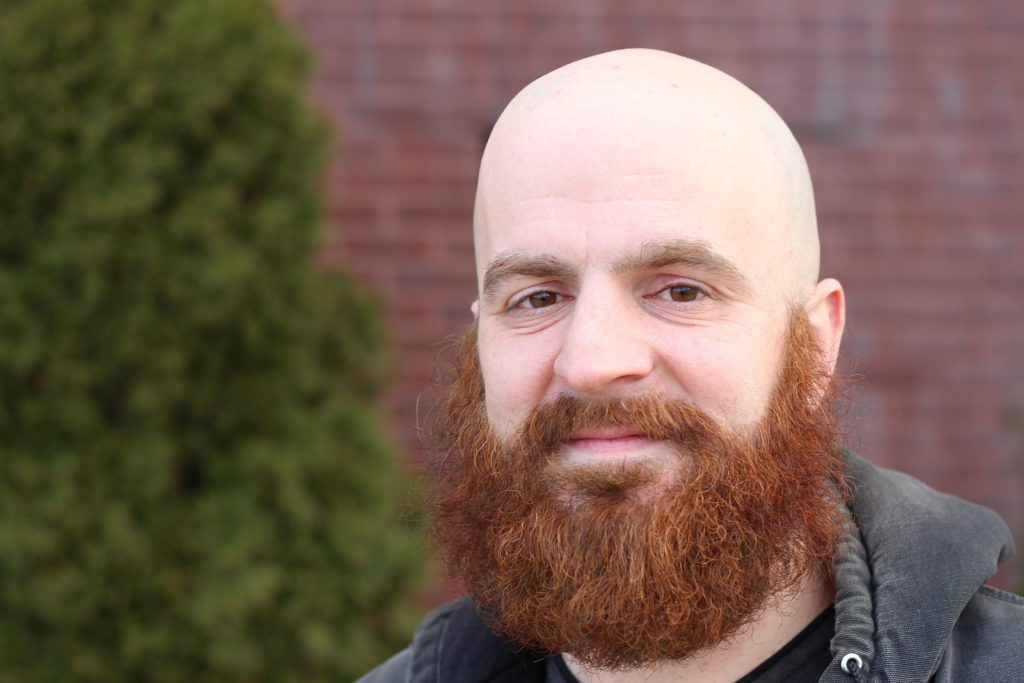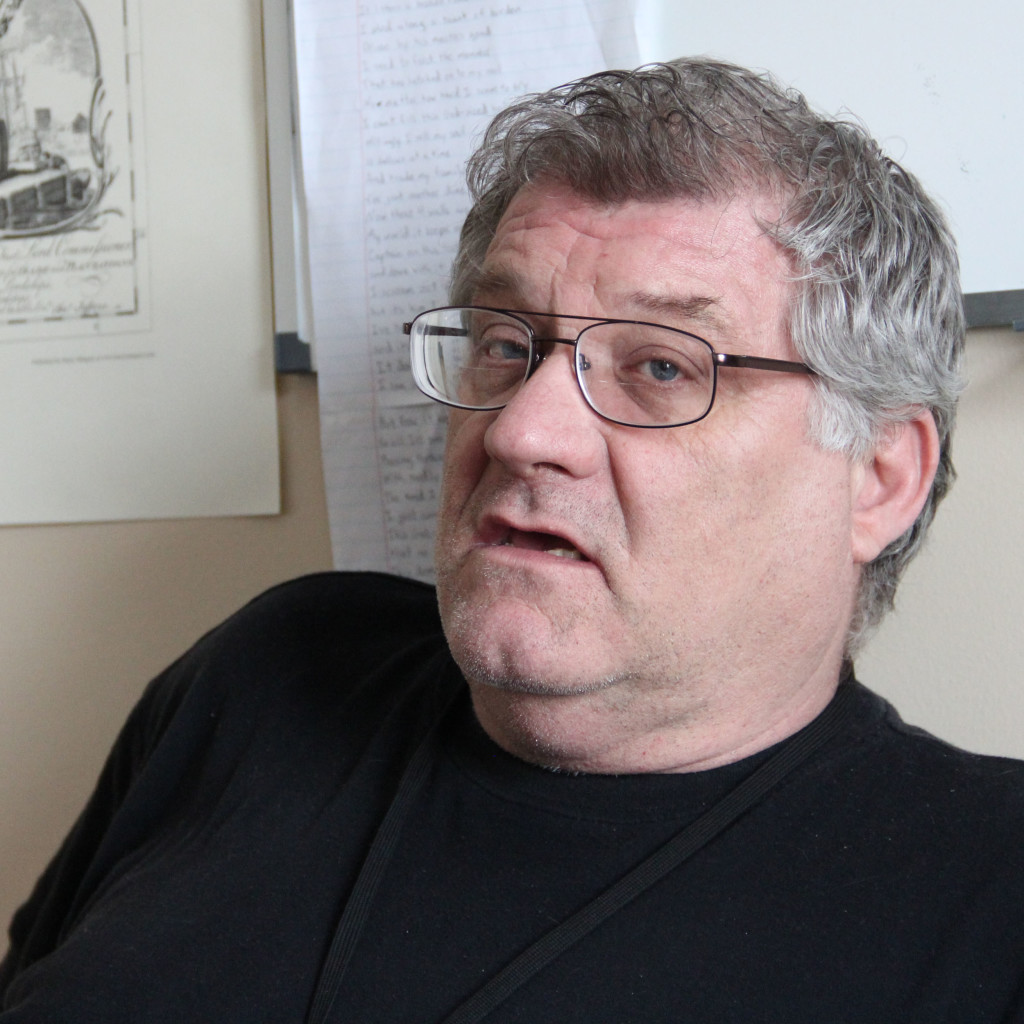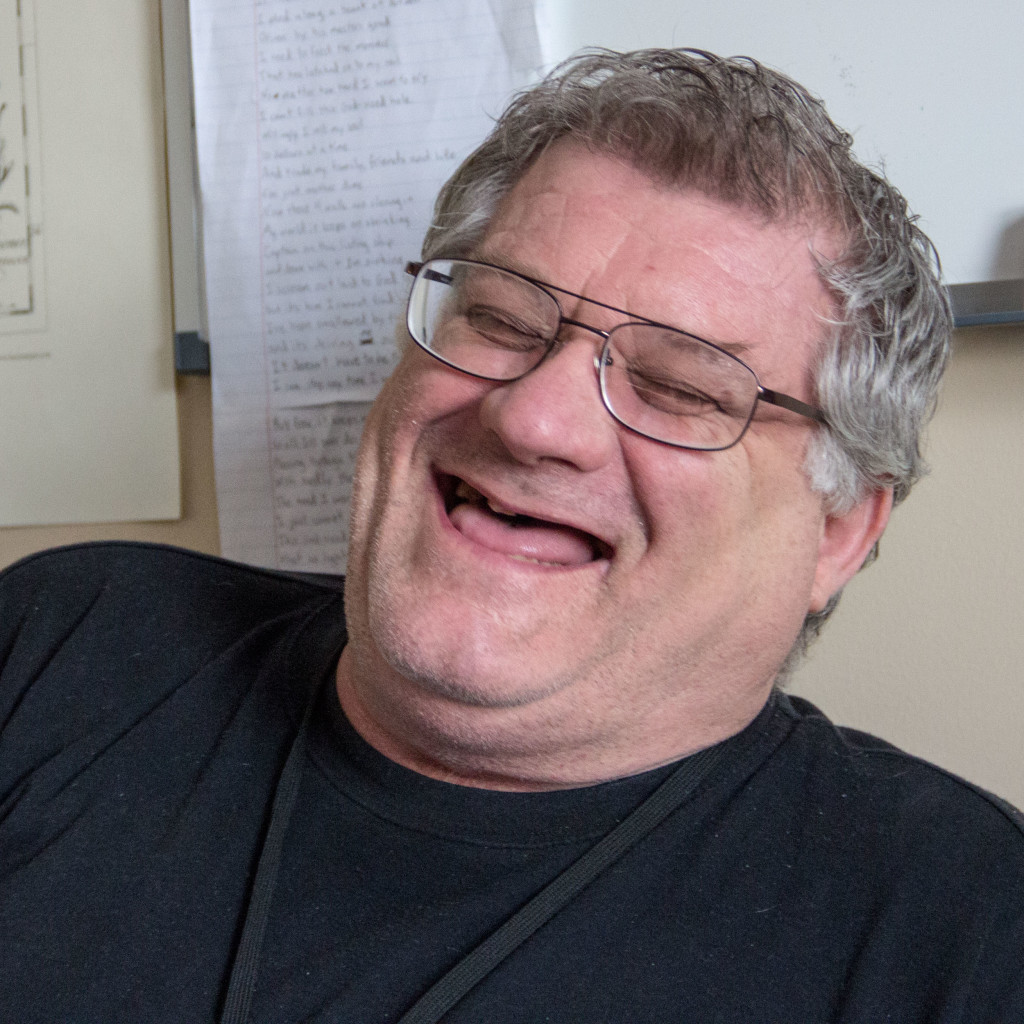Steven, age 56, was born and raised in
Petersburg, Virginia. “I was the youngest child
of seven,” Steven recalls. “My dad and mom
worked hard. I grew up in a spiritual family. My
dad always took us to church, but my mom
did not go. She thought that she did not have
to go to church to believe in God. Where
I thought that God was just there with no
emotional attachment. And after church, my
dad would go to the civic club to have drinks
with his buddies. Witnessing my dad’s drinking
and the fights between him and my mother
made me feel abandoned and alone. In tenth
grade, I realized that my dad was an alcoholic.”
“In high school, I was different. And being who
I am, and dealing with family trauma, I did not
socialize a lot. I tended to be a loner. At age
17, I had my first drink. I snuck out one night,
went to a nightclub, and had a bourbon. I was
horrified because I was scared, but happy. I
quickly discovered that drinking allowed me to
not care, loosen up, and have a fun time. But
soon, I realized that to enjoy myself, I had to
numb myself.”
“When my dad passed away in 2014, I
remember getting drunk immediately after the
funeral. Not knowing why my dad was the
way he was, I did not want to feel anything.
My ‘rock-bottom’ really hit a year later in
2015, when my mom passed away. My mom…
was my everything. She understood me and
made sure that every one of her children had
support. She was the rock of our family. She
kept us together. Gone were the family get
togethers, Christmases, Thanksgivings, and
phone calls. The family dynamics broke up. So,
my response was to start doing drugs.”
“I started using cocaine and then a friend
introduced me to crystal methamphetamines.
“Meth” was a whole new ball game that
made me not care. It made me feel like I was
in control, while it ruined my standard of
living. When I realized that I was getting too
deep into drugs, I moved to Charlotte, North
Carolina to live with my sister. I grieved my
parent’s deaths, processed my addictions, and
sought help. I found a church that I enjoyed
and started attending. My ‘recovery’ was
going to church. After two years of doing my
own recovery, ‘I was good to go.’ I packed my
bags and moved (back) to Baltimore.”
“I was back in a familiar environment with
old friends that I used to party with. I met
someone and became great friends with them.
We lived together and I thought that
we had the same intentions of building
a future together. It started great, but
ended with them taking advantage of my
finances, my emotions, and my needs. It
got to the point where I was trying to
save something that was not savable. I lost
everything and my own world to live in.
The only good thing that they ever gave
me was the idea to seek help at Helping
Up Mission (HUM).”
“I came to HUM in 2019, scared to death. I
had been on my own since 1994. Walking
into a building that housed 400 men
scared me. I had a lot of uncertainty in
myself and my life. All that I knew was that
I was going to get back what I had lost. It
was the week before Christmas, and I had
spent years not being able to celebrate
with my family. I was grateful to be in a
building where I felt safe and could go to
sleep. My initial thought was to stay just
30 days. But 30 days came and went, and I
agreed to stay 60.”
“I started noticing people and the
mechanics of how things work at HUM. I
noticed people smiling in recovery – who
does that? And in return people started
appreciating me. In response, I started
letting my guard down. People began
liking me for me. I started my work
therapy in the laundry room. Then I
moved to the library. I took pride in my job
and the staff and clients started to come to
me for help. My hard work paid off and I
was asked to work in the treatment office.
Pamela Wilkerson, Director of our Center
for Women & Children, started working in
the treatment office while the new center
was being built. Pam is like family to me.
Pam is awesome. She cares about the staff;
she cares about the clients. I came here
without a family, and today Pam is family.
And when the new building opened Pam
hired me as her Administrative Assistant.”
“In my time at HUM, I have freed myself
from overthinking. I met a group of people
who care about Steven and push me. We
started a group called “Brothers in Prayer,”
who get together and celebrate life. Along
with Pam, I met Laura Starsoneck, Assistant
Director of the new center, and my new
family grew. I attend church every Sunday,
but I believe what my mom told me about
being in church to believe in God is true. If
you think positively and do the right thing,
God is always with you!”
“I would like to thank the donors for
making such an incredible place possible.
You do not get this type of help in high
school or college. HUM actually changed
my life in my 50’s! I never would have
thought that I could live my life drug-free!”



